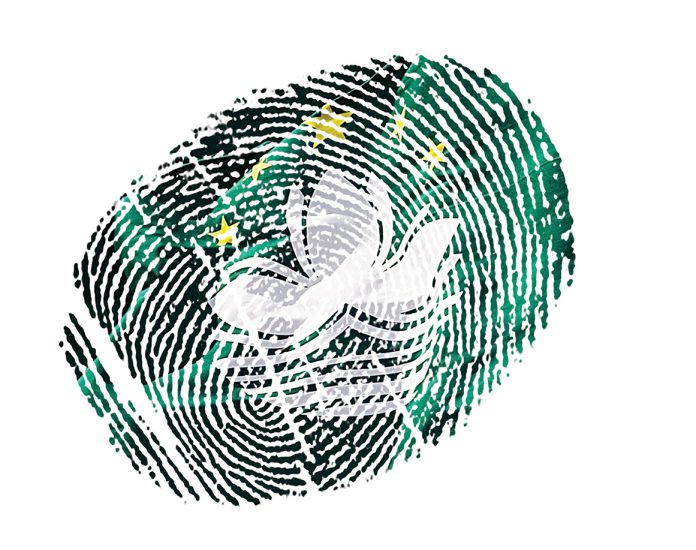The Social Affairs and Culture Bureau said that their participation in the One Belt, One Road initiative as it regards the Macau concerns two main areas of action; namely, education and culture.
Speaking to Business Daily, the spokesperson for the Bureau said that “in addition to the huge investment announced . . . [those are] . . . two very important aspects” in its current strategy. “The cultural dimension has here a main and not secondary role.”
Insofar as the national strategy is “conducive to the rapprochement between peoples,” the Bureau, part of Alexis Tam Chong Veng’s portfolio, stressed the role of Macau in bridging Sino-Luso relations.
“We have a good idea of what we can do and of the opportunities we have and the mission entrusted to us during the last visit of Prime Minister Li [Keqiang] to assert ourselves as a cultural platform between China and the Portuguese-speaking countries,” the Bureau informed.
Focus on Macau’s “advantages” in articulating the business, cultural, and political connections between the Chinese and Portuguese-speaking worlds was also highlighted earlier this week by an Advisor to the Office of the Chief Executive, Kou Chiu Hung.
In a press conference held to present the launch of the public consultation for the ‘Planning and Construction of the Metropolitan Area of the Greater Bay Guangdong-Hong Kong-Macau,’ Mr. Kou said: “Macau’s biggest advantage is the relationship with the Portuguese-speaking countries, and then its connections with the Chinese diaspora.”
Building on the Portuguese-language link that Macau entertains with the Road, the second aspect explored by the Social Affairs and Culture Bureau – education – implies investment in training qualified personnel, in particular in the domain of languages, justifying “public investment in the creation of highly qualified staff and also in multilingualism.”
More particular, the Portuguese language
“We are in Asia, the best place to learn Portuguese, but we are also a place with unique facilities for speakers of Portuguese to learn the Chinese language. Therefore, the internationalisation of our higher education is of particular importance here,” the Bureau said.
According to further information provided by the same Bureau, the connection between China and the rest of the world represents for the Secretary “an opportunity in the countries with which we have privileged co-operation relations such as those of Portuguese language.”
It is within the idea of building on internationalisation that the Macau Foundation launched a scholarship programme at the end of May as part of the OBOR initiative.
The Macau Foundation is one of the members of the Working Committee for the Construction of the One Belt, One Road created by the Macau SAR Government in February 2017, counting one member, its President, Wu Zhiliang.
The programme is open to students from Macau, and from Guangdong and Fujian regularly enrolled in a local higher education institution, for the 2017-2018 academic year. It seeks to send students to Brazil, Malaysia, Indonesia, and the Philippines (Macau residents) in addition to Portugal (students from Guangdong and Fujian).
Other members of the Committee
In addition to the five representatives for each one of the five Secretariats within the MSAR Government, and the member of the Macao Foundation, the Working Committee for the One Belt, One Road includes two members representing the Office of the Chief Executive, and two members representing the Policy Research Office.
Business Daily also contacted the Office of the Secretary for Administration and Justice to enquire about the initiatives they are planning within the OBOR framework, to which it replied that it ‘will work within its jurisdiction in line with the overall deployment of the Macao SAR Government.’
A reply from the Land, Public Works, and Transport Bureau (DSSOPT) followed a similar line, with the spokesperson from the Bureau claiming that “it will be committed to the scope of relevant work to promote the Macau Special Administrative Region.”
Speaking to us, the Government Information Bureau (GSC) added that their role is to ‘provide information to the media and the public, to help them have a better understanding of Macao’s strategies and deployment of resources for participation in the country’s Belt and Road initiative.’
The Committee held its first meeting on May 2, 2017.
Contacted by Business Daily, the Office of the Spokesperson for the Office of the Chief Executive said that they did not have information to provide about the next meeting of the Committee.
—
Scope of Belt and Road
According to information provided by the Belt and Road platform in Hong Kong, the ‘routes’ within the One Belt, One Road initiative cover more than 60 countries and regions from Asia to Europe via Southeast Asia, South Asia, Central Asia, West Asia and the Middle East.
They currently account for over 62 per cent of the world’s population, some 30 per cent of global GDP and more than 35 per cent of the world’s merchandise trade.
























